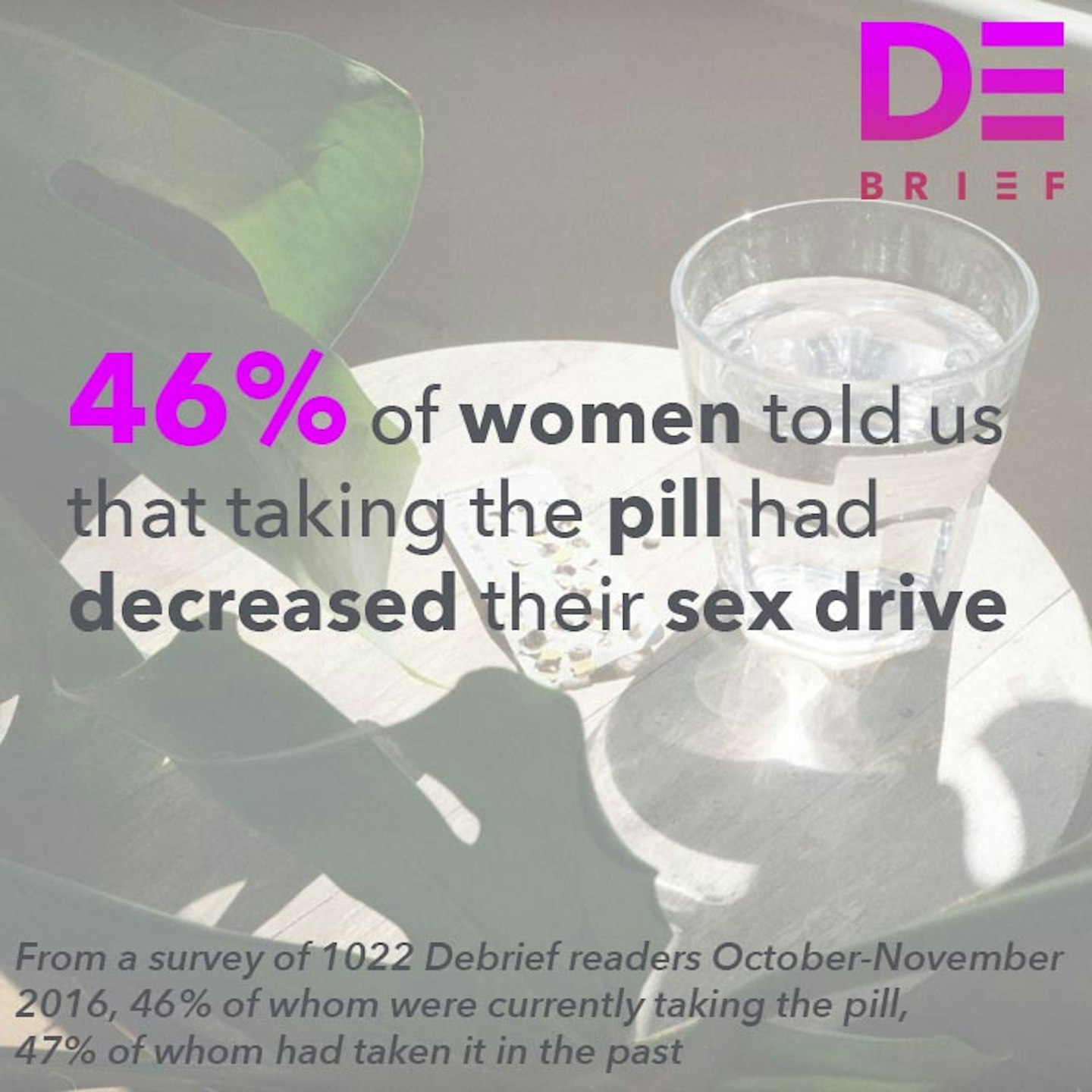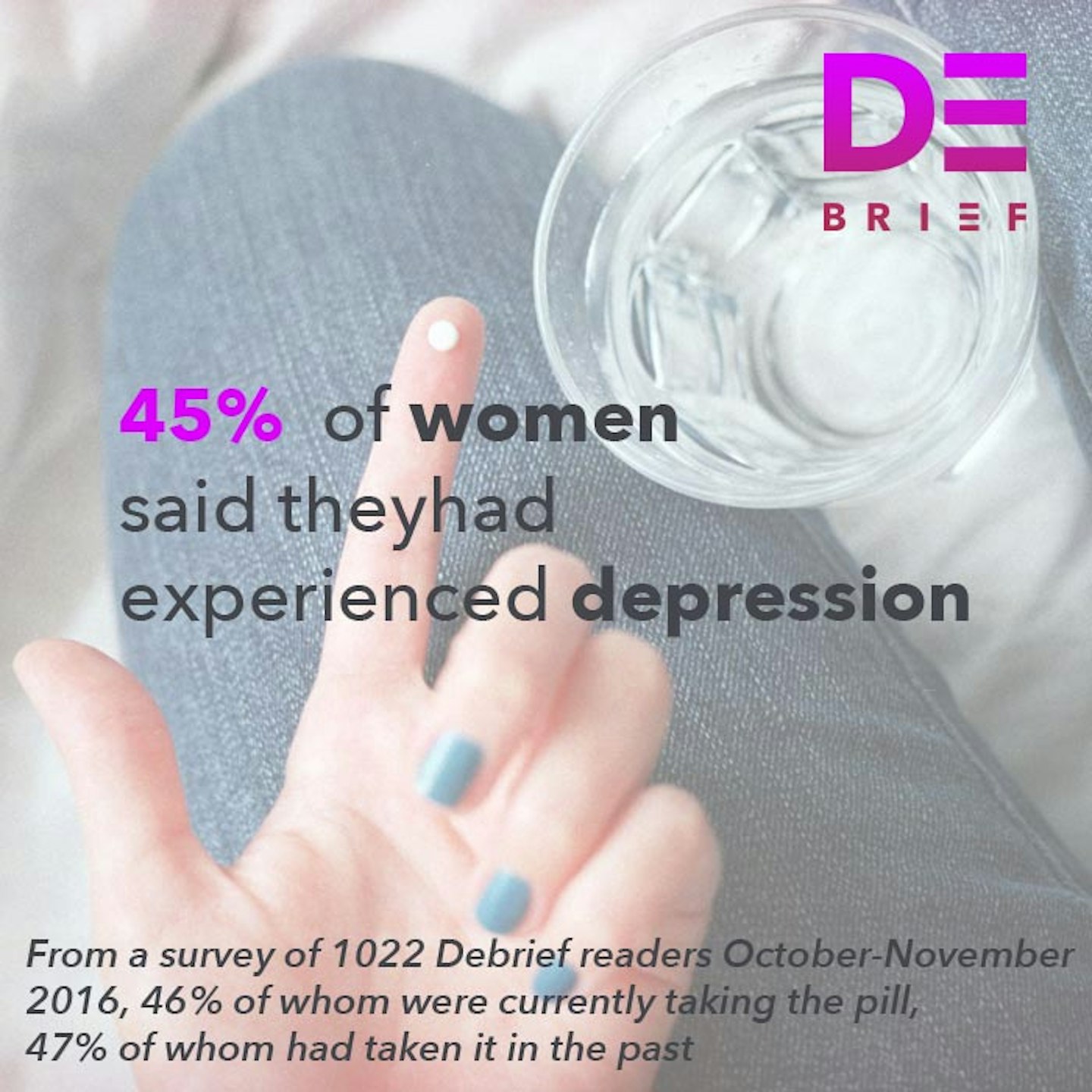What would your response be if a friend told you that she was accidentally pregnant, and also taking The Pill? Perhaps you’d make the assumption that, despite her insistence, she missed a couple of days. Maybe she’d forgotten. Maybe she just didn't want to admit it. And who could blame her, really? The insidious shame that still lingers around unplanned pregnancy (and then, due to the nature of that, abortion) – plus the logistical, physical, emotional, financial consequences of becoming pregnant – are enough to deal with, without adding blame into the mix.
So, we nod sympathetically with our pals, and set an extra reminder to take our Pill each day, just in case. We all know the stats, that The Pill is more than 99% effective, don’t we? And it doesn’t make statistical sense that so many of us would fall into that >0.1% category. But what if those stats didn’t tell us the whole story?
A groundbreaking new study has revealed that some women carry a gene which “sabotages” contraceptive hormones – meaning that they are at a higher risk of pregnancy. According to the report, published in the journal Obstetrics and Gynaecology, as many as one in 20 of the 350 people who took part in their study carried the trait. While researchers are keen to stress that this should not put women off using the contraceptive pill or implant – this is a small study and just the beginning of a bigger understanding of how our bodies react to contraception in different ways – the study been hailed as a catalyst that could help to redress systemic prejudices within health care.
“When a woman says she got pregnant while on birth control the assumption was always that it was somehow her fault,” Dr Aaron Lazorwitz, the lead author of the research, said. “These findings show that we should listen to our patients and consider if there is something in their genes that caused this.”
Dr Lazorwitz added: “Women’s health hasn’t had a lot of this kind of research done yet. It’s time we catch up with research in other medications that have shown that genetics can affect how the body breaks them down.”
Read more: we asked our readers about the link between hormonal contraception and their mental health, and here's what they told us
Debrief Mad About The Pill Stats
 1 of 9
1 of 9Debrief Mad About The Pill Stats
 2 of 9
2 of 9Debrief Mad About The Pill Stats
 3 of 9
3 of 9Debrief Mad About The Pill Stats
 4 of 9
4 of 9Debrief Mad About The Pill Stats
 5 of 9
5 of 9Debrief Mad About The Pill Stats
 6 of 9
6 of 9Debrief Mad About The Pill Stats
 7 of 9
7 of 9Debrief Mad About The Pill Stats
 8 of 9
8 of 9Debrief Mad About The Pill Stats
 9 of 9
9 of 9Debrief Mad About The Pill Stats
The study found that around five per cent of participants – which looked at women using a contraceptive implant so there was no risk of a pill being missed – carried a form of the CYP3A7*1C gene. Usually this gene stops being active from just after you are born – but women with an active form of it produce a particular enzyme as adults which breaks down the hormones used in birth control.
However, researchers are keen to stress that this should not put women off using the contraceptive pill or implant – this is a small study and just the beginning of a bigger understanding of how our bodies react to contraception in different ways.
The discovery could be a huge curveball in not only reproductive healthcare itself – and developing new forms of contraception – but also in readjusting how women are heard on other topics like pain and how contraception works for them. It might also be a way to end the stigma “hapless” women getting pregnant on the Pill.
Have you ever fallen pregnant while taking hormonal contraception? Get in touch on feedback@graziamagazine.co.uk.
